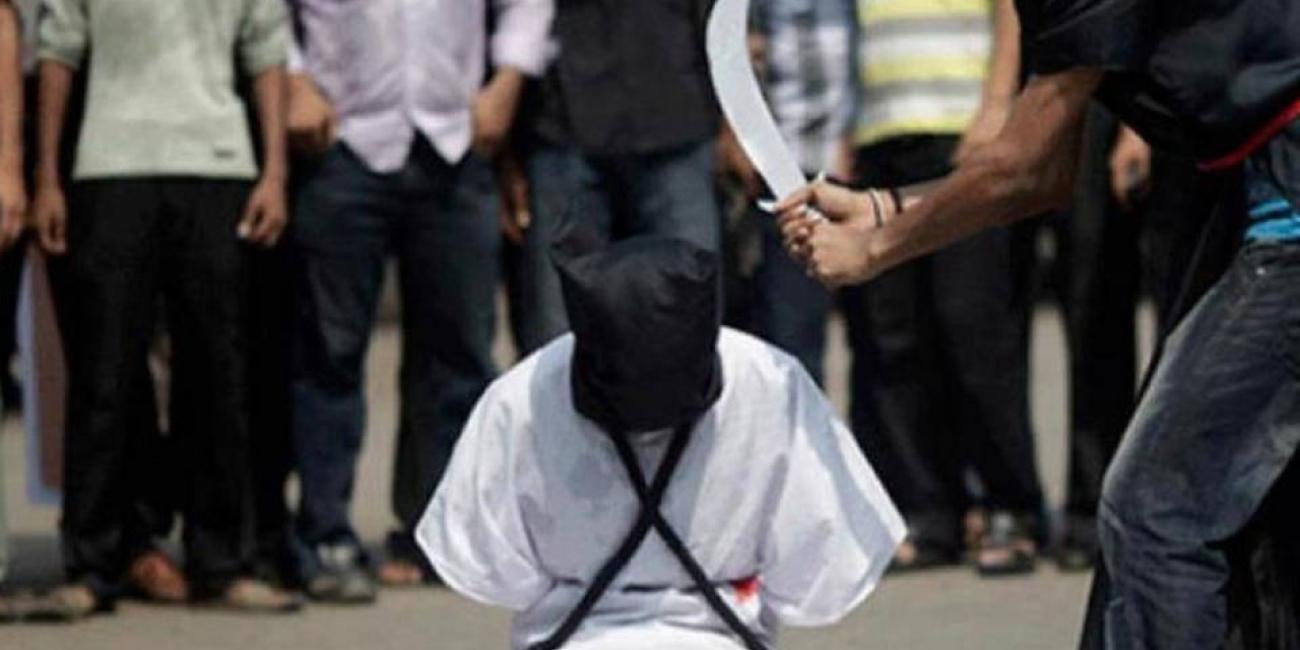
A Filipino man has been executed in Saudi Arabia. The execution took place after he was accused of murder.
This development comes despite efforts by the Philippines to prevent the execution, including a presidential appeal, officials familiar with the development noted.
Philippine President, Ferdinand Marcos Jr. and other officials who had been part of efforts to get him released did not provide details, including the identity of the Filipino and the nature of the case, citing a family request for privacy.
Asked by reporters for comment, Marcos said the execution was “very unfortunate” and that his administration would provide help to the executed person’s family.
“We appealed to the better nature, I guess, of our friends in Saudi Arabia, perhaps, to have another look and they did,” Marcos said.
“Unfortunately, the law there is very strict and, apparently, the conviction has stood and one of ours has been taken away.”
The death penalty against the Filipino was handed down with finality last year and the execution was carried out on Saturday, the official said.
The official spoke on condition of anonymity because of a lack of authority to discuss the details of the execution publicly.
The Department of Foreign Affairs in Manila said the Philippine government provided legal help “and exhausted all possible remedies, including a presidential letter of appeal” to try to stop the execution, but that the victim’s family had refused to accept “blood money,” a financial settlement to secure forgiveness.
Saudi Arabia has drawn criticism from human rights groups for its methods of capital punishment, including beheadings and mass executions. In the past, Saudi Arabian authorities publicly pinned the body and severed head of executed people on poles as a warning to others.
